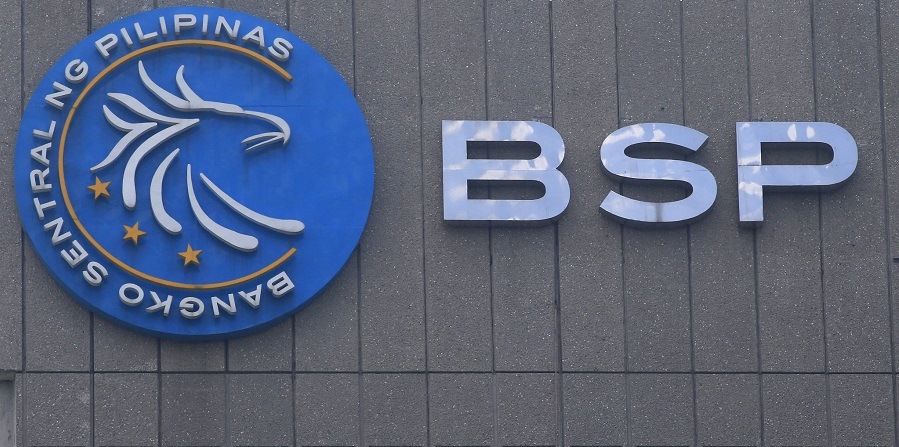Article Reading Time:
2 minutes.

Governor of the Central Bank of the Philippines (BSP) stated that he opposes the ban on cryptocurrencies, although he does not consider them real money due to too high volatility.
Felipe Medalla said in an interview that cryptocurrency is actually of little use for real-world payments, especially when its price is so volatile:
"If the price rises very quickly, peopleThose who own digital assets will naturally not want to use it. But if you use assets to buy something and their value increases, you will regret it. A merchant accepting cryptocurrency will not want to sell for it in a falling market. Because by the time he exchanges the cryptocurrency for real money, its value will be much lower. Therefore, I don’t consider cryptocurrency as money; for me, money is something that cannot be very volatile.”
According to him, mining bitcoins and otherproof-of-work (PoW) cryptocurrencies have a negative impact on the environment, as the amount of electricity used for mining exceeds electricity consumption in some countries. Medalla does not see any benefit for citizens in evading government control of financial transactions:
“Of course, if you are in a country wheregovernment itself is the problem, perhaps avoidance makes sense. But in most countries where the government is not perfect but contributes greatly to the common good, you don't want to weaken the government's influence."
The head of the Central Bank of the Philippines recalled that the lack of proper control by regulators has already led to a recent wave of defaults by crypto companies.
“The bubble has burst.Some crypto assets have fallen by almost two-thirds in a very short period. So my advice is always: if you go to buy cryptocurrencies, don't invest money you can't afford to lose,” Medalla warned.
The official is confident that cryptocurrencies shouldused in compliance with anti-money laundering and crime financing (AML) rules, as well as the collection of personal data of users (KIYS). Exchanges that convert crypto assets into bank deposits or fiat currencies must comply with all rules that are necessary for the safety of clients, says a representative of the Central Bank.
The Philippine government intends to clarify the taxation of cryptocurrencies by 2024.





